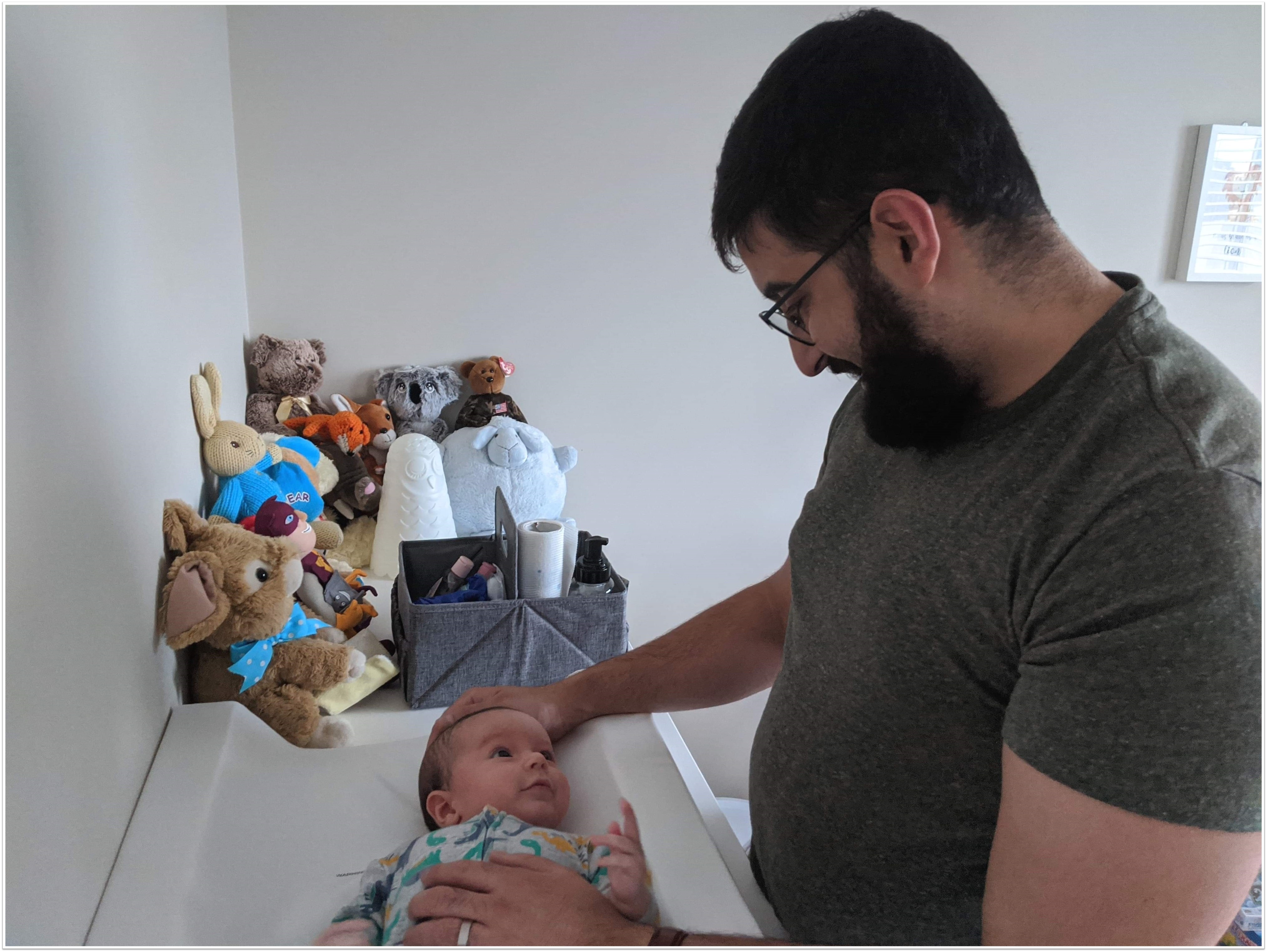Search
Research
Delayed cortical processing of auditory stimuli in children with autism spectrum disorder: A meta-analysis of electrophysiological studiesSeveral researchers have hypothesised that individuals with Autism Spectrum Disorder (ASD) show encoding delays in their obligatory event-related potentials (ERPs)/ event-related fields (ERFs) for low-level auditory information compared to neurotypical (NT) samples. However, empirical research has yielded varied findings, such as low-level auditory processing in ASD samples being unimpaired, superior, or impaired compared to NT samples. Diverse outcomes have also been reported for studies investigating ASD-NT differences in functional lateralisation of delays.
Research
Performance of the Autism Observation Scale for Infants with community-ascertained infants showing early signs of autismWe investigated whether a commonly used research assessment - the Autism Observation Scale for Infants (AOSI) - accurately measures autism behaviours among infants showing early signs of autism identified within the community. The AOSI is often included in studies tracking the development of infants at increased likelihood of autism, such as the infant siblings of diagnosed children. However, the suitability of this measure has not previously been tested with community-referred infants.
Research
Temperament in individuals with Autism Spectrum Disorder: A systematic reviewThe study of temperament in Autism Spectrum Disorder (ASD) has the potential to provide insight regarding variability in the onset, nature, and course of both core and co-morbid symptoms. The aim of this systematic review was to integrate existing findings concerning temperament in the context of ASD. Searches of Medline, PsychInfo and Scopus databases identified 64 relevant studies. As a group, children and adolescents with ASD appear to be temperamentally different from both typically developing and other clinical non-ASD groups, characterized by higher negative affectivity, lower surgency, and lower effortful control at a higher-order level.
Research
The unmet clinical needs of children with developmental coordination disorderThe aim of this study was to understand the challenges experienced by families obtaining a diagnosis and therapy for developmental coordination disorder (DCD). Parents of 435 children aged 4-18 years with persistent motor difficulties consistent with a diagnosis of DCD completed an online survey. Diagnostic timeline and diagnostic label/s received were examined, along with therapies accessed.
Research
Assessing functioning for individuals with neurodevelopmental conditions: Current clinical practice in AustraliaIn the disability sector globally, and specifically in Australia, assessments of functioning have become key to diagnostic processes, and accessing therapy and funding. Over half of all individuals accessing support through Australia's National Disability Insurance Scheme have a neurodevelopmental condition diagnosis.
Research
Toward better characterization of restricted and unusual interests in youth with autismDespite being highly prevalent among people with autism, restricted and unusual interests remain under-researched and poorly understood. This article confirms that restricted interests are very frequent and varied among children and adolescents with autism. It also further extends current knowledge in this area by characterizing the relationship between the presence, number, and type of restricted interests with chronological age, sex, cognitive functioning, and social and communication symptoms.

News & Events
Welcome Kandice!CliniKids is excited to welcome Dr Kandice Varcin to the team as part of a new partnership between The Kids Research Institute Australia and Griffith University.

News & Events
Research at CliniKidsAt CliniKids, it is important that the services we offer are informed by the children and families that utilise our services.

News & Events
CliniSibsCliniSibs is an after-school small group program designed to support siblings of autistic children.

News & Events
Joondalup clinic newsCliniKids’ new clinic in the Joondalup area is coming along nicely and is on track to open around the middle of the year.
